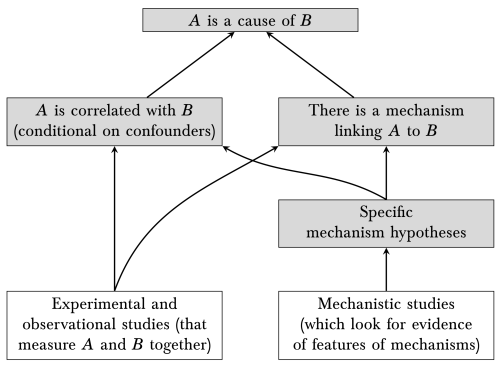Article by Peter Agbesi Adivor: “Artificial Intelligence (AI) is increasingly influencing democratic participation across Africa. From campaigning to voter education, AI is transforming electoral processes across the continent. While concerns about misinformation and government overreach persist, AI also offers promising avenues to enhance citizen engagement. This article explores five key ways AI is fostering more inclusive and participatory democracies in Africa.
1. AI-Powered Voter Education and Campaign
AI-driven platforms are revolutionizing voter education by providing accessible, real-time information. These platforms ensure citizens receive standardized electoral information delivered to them on their digital devices regardless of their geographical location, significantly reducing the cost for political actors as well as state and non-state actors who focus on voter education. They also ensure that those who can navigate these tools easily access the needed information, allowing authorities to focus limited resources on citizens on the other side of the digital divide.
In Nigeria, ChatVE developed CitiBot, an AI-powered chatbot deployed during the 2024 Edo State elections to educate citizens on their civic rights and responsibilities via WhatsApp and Telegram. The bot offered information on voting procedures, eligibility, and the importance of participation.
Similarly, in South Africa, the Rivonia Circle introduced Thoko the Bot, an AI chatbot designed to answer voters’ questions about the electoral process, including where and how to vote, and the significance of participating in elections.
These AI tools enhance voter understanding and engagement by providing personalized, easily accessible information, thereby encouraging greater participation in democratic processes…(More)”.


